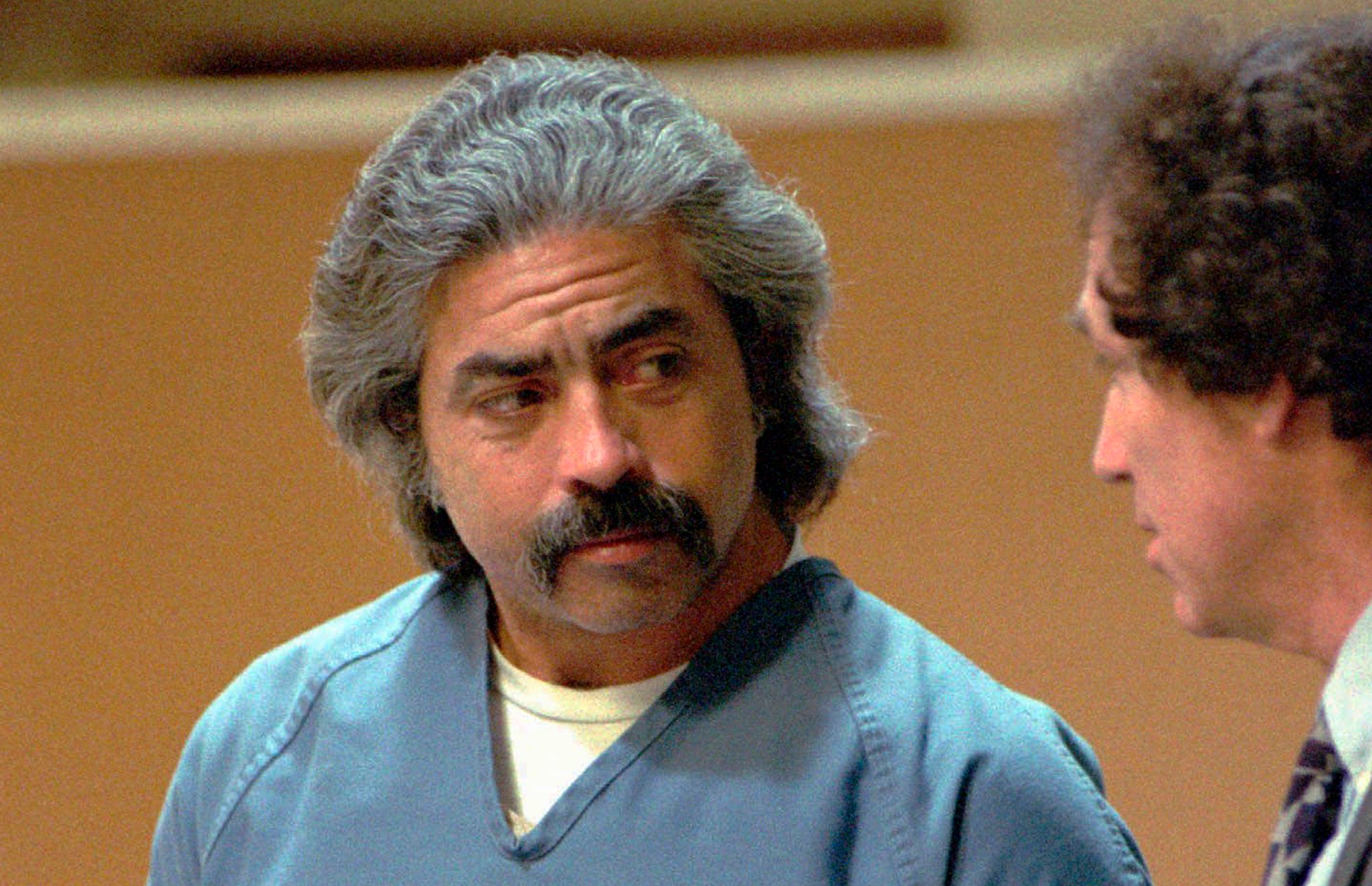Judge to consider recalling death sentence of man who killed 12-year-old Polly Klaas
A California judge is considering whether to recall the death sentence of a man convicted in the 1993 kidnapping and killing of 12-year-old Polly Klaas in a case that shocked the nation

Your support helps us to tell the story
From reproductive rights to climate change to Big Tech, The Independent is on the ground when the story is developing. Whether it's investigating the financials of Elon Musk's pro-Trump PAC or producing our latest documentary, 'The A Word', which shines a light on the American women fighting for reproductive rights, we know how important it is to parse out the facts from the messaging.
At such a critical moment in US history, we need reporters on the ground. Your donation allows us to keep sending journalists to speak to both sides of the story.
The Independent is trusted by Americans across the entire political spectrum. And unlike many other quality news outlets, we choose not to lock Americans out of our reporting and analysis with paywalls. We believe quality journalism should be available to everyone, paid for by those who can afford it.
Your support makes all the difference.A California judge will consider Friday whether to recall the death sentence against Richard Allen Davis, who in 1993 killed 12-year-old Polly Klaas after kidnapping her from her bedroom at knifepoint in a crime that shocked the nation.
Jurors in 1996 found Davis guilty of first-degree murder and of the “special circumstances” of kidnapping, burglary, robbery and attempting a lewd act on a child. Davis, who had an extensive kidnap and assault record going back to the 1970s, was sentenced to death.
Davis’ attorneys argued in a February court filing that his death sentence should be recalled because of recent changes to California sentencing laws. They also noted California's current moratorium on the death penalty. In 2019, California Gov. Gavin Newsom placed a moratorium on executions, calling the death penalty “a failure” that has discriminated against defendants who are mentally ill, Black and brown, or can’t afford expensive legal representation.” A future governor could change that policy.
The Sonoma County District Attorney’s Office said that Davis’ attorneys’ arguments are “nonsensical” and that the laws they are citing don’t apply to Davis's death sentence for Klaas’ murder.
Davis kidnapped Klaas from her bedroom in Petaluma, 40 miles (64 kilometers) north of San Francisco, in October 1993 and strangled her to death. That night, she and two friends held a slumber party and her mother slept in a nearby room. Klaas’ disappearance touched off a nationwide search by thousands of volunteers. Davis was arrested two months later and led police to the child’s body, which was found in a shallow grave 50 miles (80 kilometers) north of her home in Sonoma County.
The case was a major driver behind California's passage of a so-called “three strikes” law in 1994 that set longer sentences for repeat offenders. Lawmakers and voters approved the proposal.
California hasn’t executed anyone since 2006, when Arnold Schwarzenegger was governor. And though voters in 2016 narrowly approved a ballot measure to speed up the punishment, no condemned inmate faced imminent execution.
Since California’s last execution, its death row population has grown to house one of every four condemned inmates in the United States.